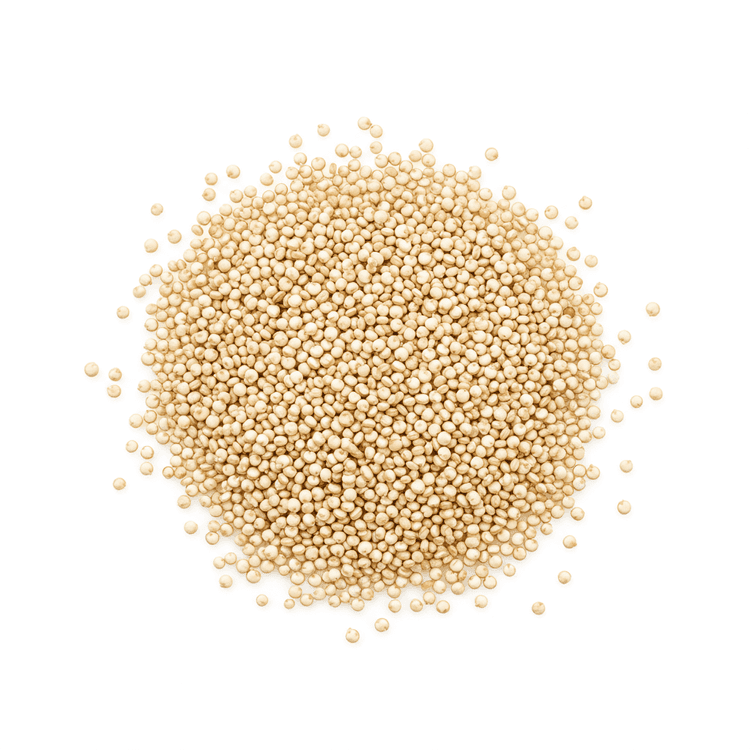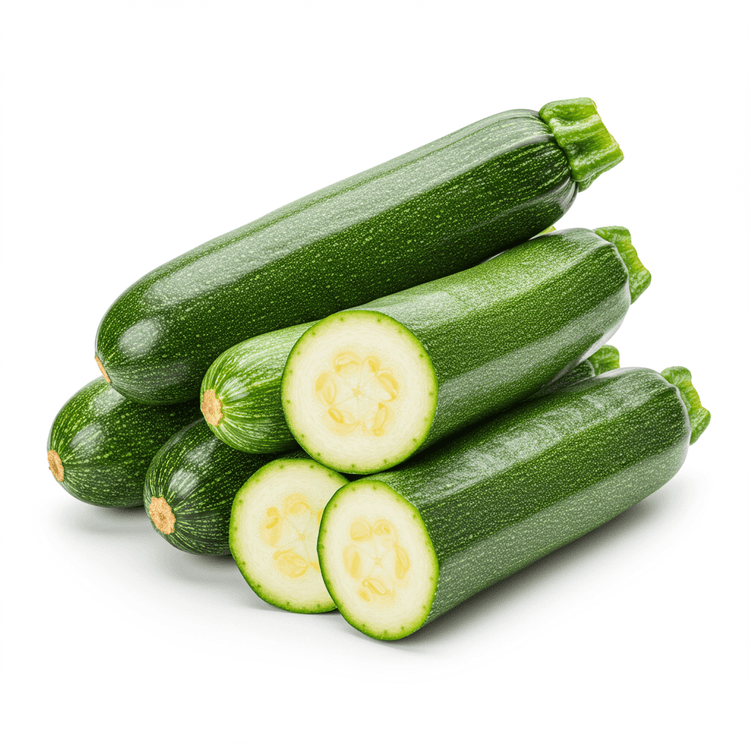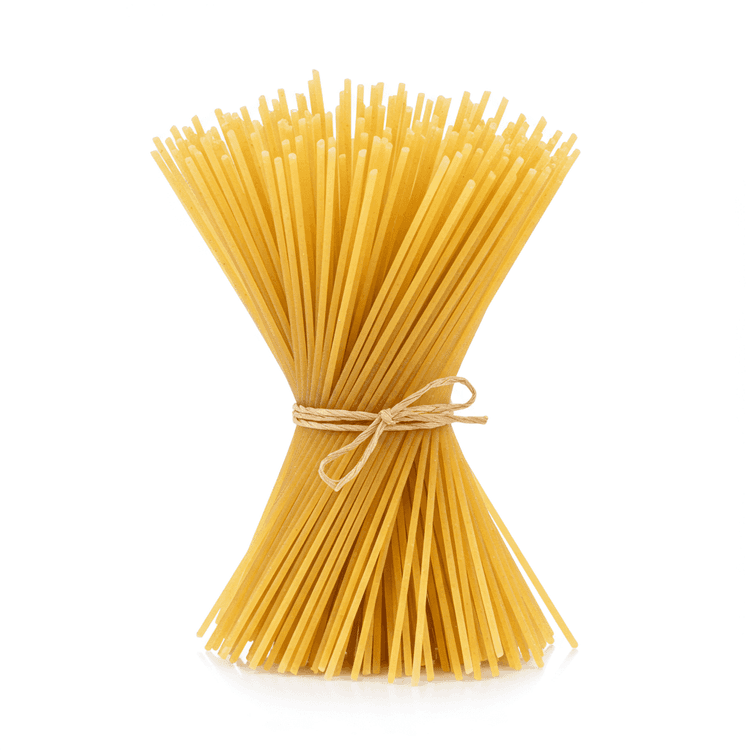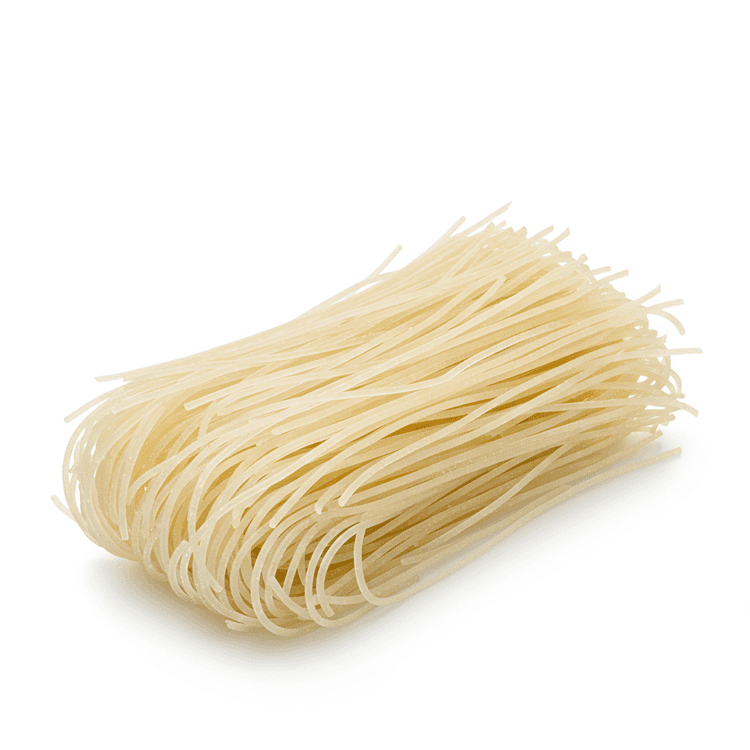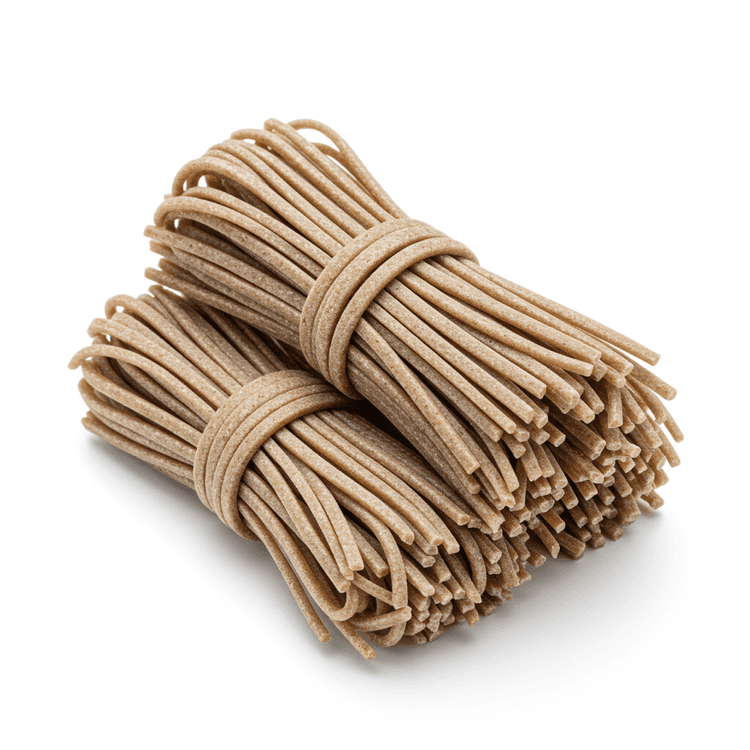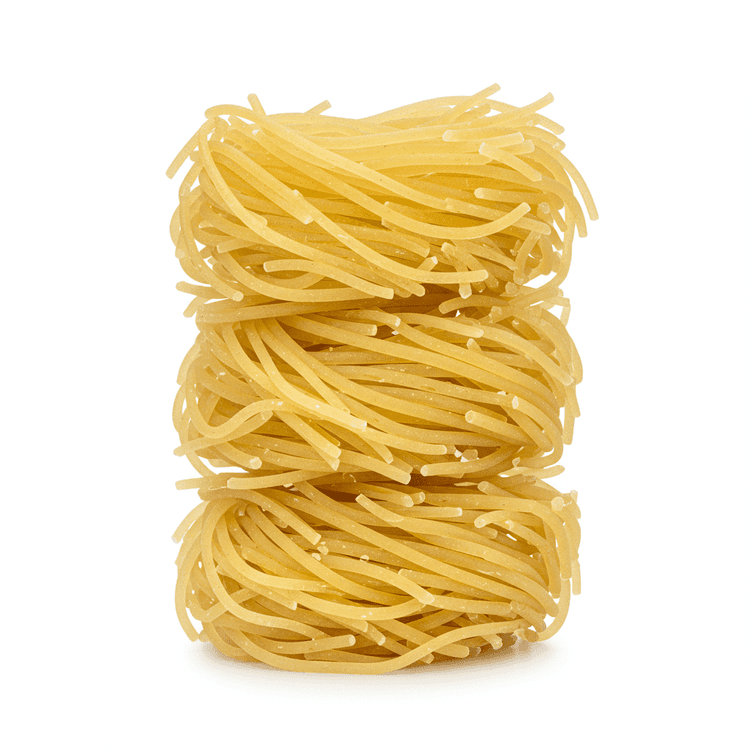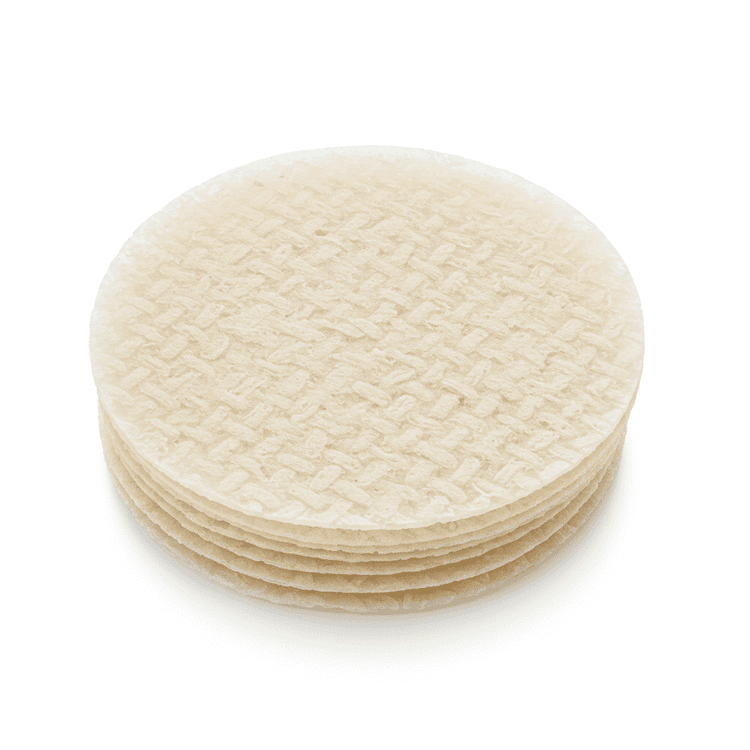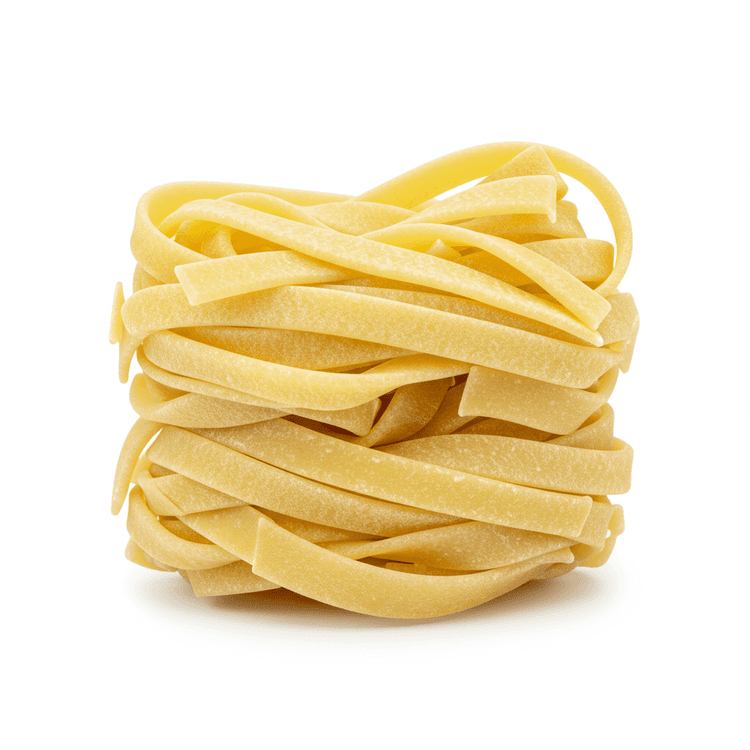
Noodle
Noodles are a versatile and widely loved ingredient made from unleavened dough, typically crafted from wheat, rice, or other grains. They come in various shapes, sizes, and textures, ranging from thin and delicate rice vermicelli to thick and chewy udon. Noodles are a staple in many cuisines, including Asian, Italian, and Middle Eastern, and they absorb flavors beautifully, making them ideal for soups, stir-fries, and sauces. Their neutral taste and satisfying texture make them a go-to ingredient for quick and comforting meals.
Common Uses
- Add noodles to soups like chicken noodle soup or ramen for a hearty, comforting dish.
- Stir-fry noodles with vegetables, protein, and sauces for quick and flavorful meals like Pad Thai or chow mein.
- Use noodles as a base for cold salads, such as sesame noodle salad or soba noodle salad, perfect for summer meals.
- Layer cooked noodles in baked dishes like lasagna or noodle casseroles for a rich, satisfying entrée.
- Toss noodles with pesto, marinara, or Alfredo sauce for a simple and delicious pasta dish.
- Incorporate noodles into fusion recipes, such as noodle tacos or noodle-stuffed spring rolls, for creative culinary twists.
Nutrition (per serving)
Nutrition (per serving)
Calories
138.0kcal (6.9%)
Protein
4.5g (9%)
Carbs
25.1g (9.13%)
Sugars
0.4g (0.8%)
Healthy Fat
1.4g
Unhealthy Fat
0.4g
% Daily Value based on a 2000 calorie diet
Nutrition (per serving)
Calories
138.0kcal (6.9%)
Protein
4.5g (9%)
Carbs
25.1g (9.13%)
Sugars
0.4g (0.8%)
Healthy Fat
1.4g
Unhealthy Fat
0.4g
% Daily Value based on a 2000 calorie diet
Health Benefits
- Noodles are a versatile carbohydrate source, providing energy for daily activities and meals.
- They come in various types, such as whole grain, rice, or egg noodles, catering to different dietary preferences.
- Whole grain or fortified noodles can offer added fiber, vitamins, and minerals for a more balanced diet.
- Noodles are a quick-cooking ingredient, making them a convenient option for busy home cooks.
- They pair well with vegetables, proteins, and sauces, allowing for endless recipe customization and balanced meals.
Chefadora AI is here.
Experience smarter, stress-free cooking.
Storage Tips
Store dried noodles in a cool, dry place, such as a pantry, in their original packaging or an airtight container to prevent moisture exposure. Fresh or cooked noodles should be refrigerated in an airtight container and consumed within 3-5 days. For longer storage, cooked noodles can be frozen in freezer-safe bags or containers for up to 2 months. Always check for signs of spoilage, such as an off smell or discoloration, before use.
Marnirni-apinthi Building, Lot Fourteen,
North Terrace, Adelaide, South Australia, 5000
Australia

